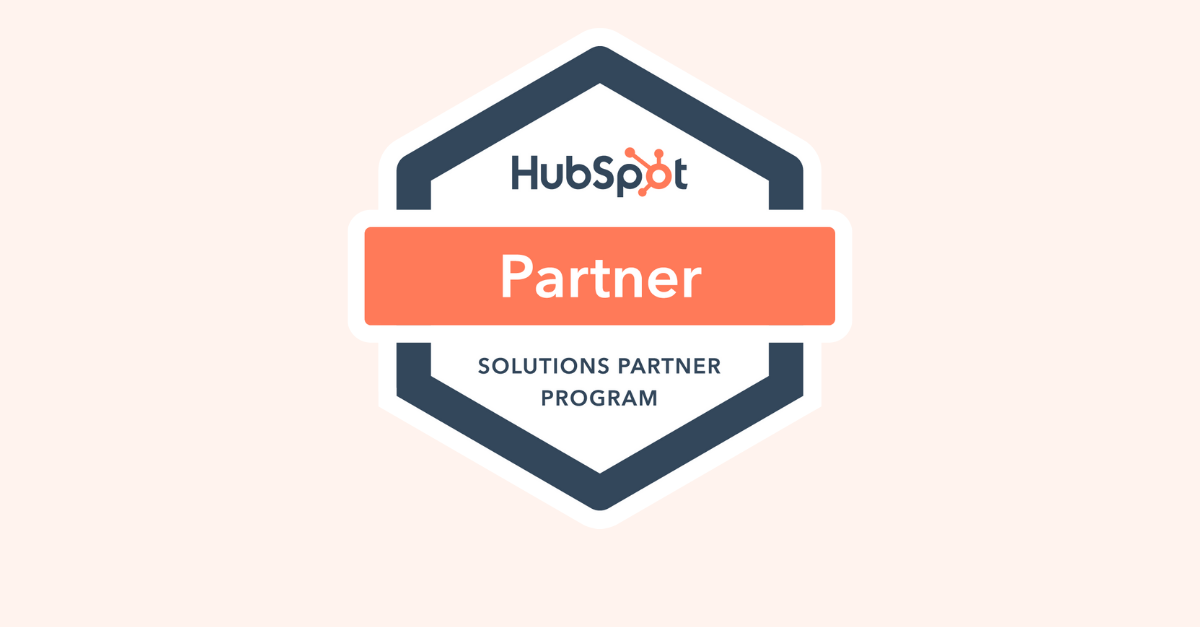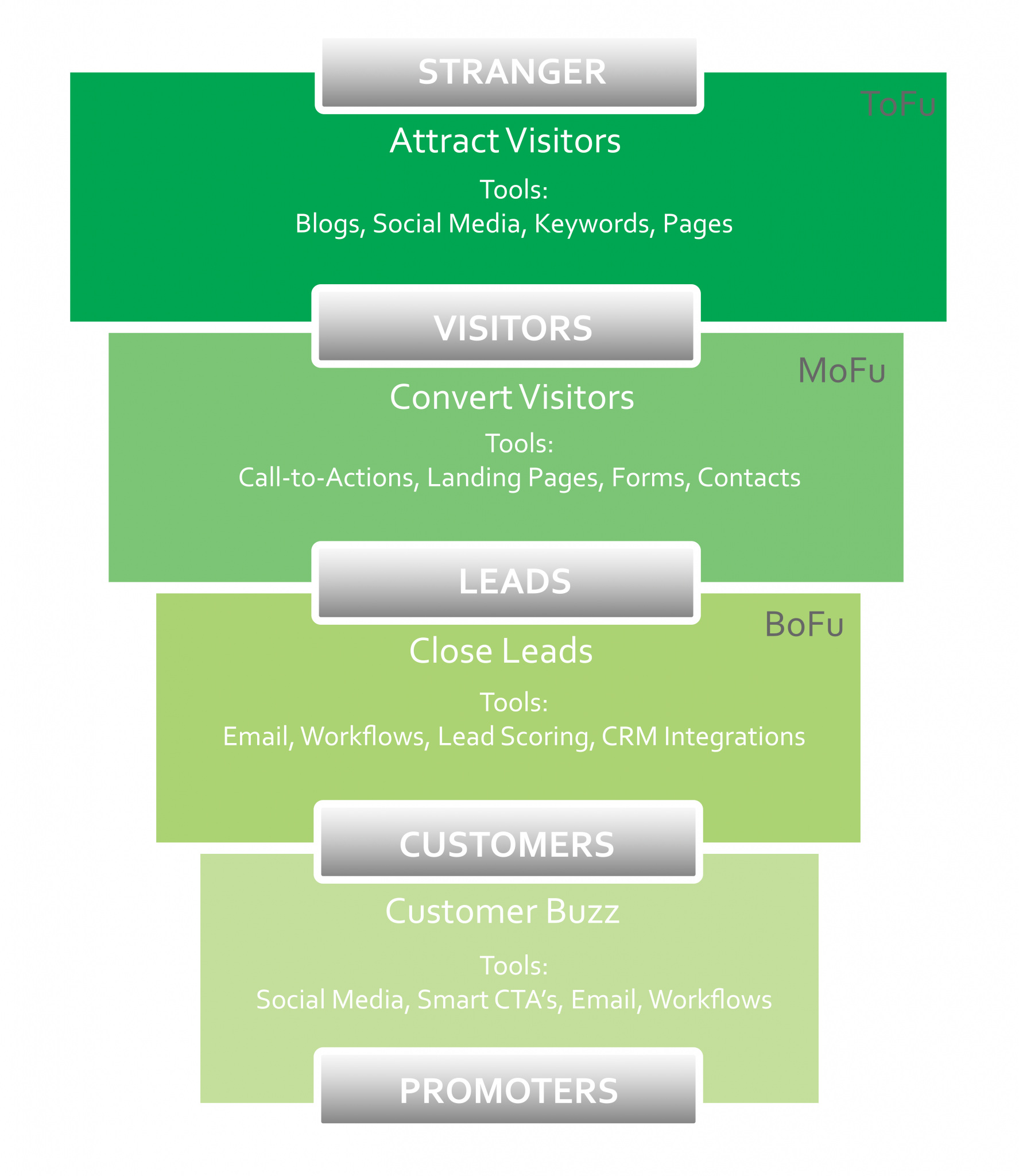A sales pipeline is an overview of prospects within the sales process, looking at separate stages of where each prospect may sit, from initial contact to final sale.
Each and every sales pipeline will differ for separate companies, yet they will all stick to the basic ‘timeline’ concept of buyer stages.
It isn’t easy to manage your sales pipeline, but it still remains an important tool for companies to use to understand the potential deals to be won, as well as keeping sales teams focussed.
Here we look at some top tips to manage your pipeline to ensure you’re on top of upcoming sales.
Keep it accurate
From contact details to the amount the deal is potentially going to sell for, each and every detail of the prospect or sale must be accurate.
Without accurate details, you can skew the results of both sales metrics and potential income.
Monitor sales metrics closely
What’s your sales teams’ win rate? How many qualified leads are there each month? What is the average deal size? How long is your sales cycle?
These are all key metrics that you should be aware of. These provide you with the information you need to ensure the sales funnel is doing what it should, as well as your sales teams!
Follow up
A lack of follow up of leads within your pipeline could be detrimental to the outcome of sales. Be sure to understand at which stage leads sit and when they require follow up.
Find ways to review and improve
Regularly review your pipeline management with all those that are involved in it. It is likely that flaws will arise or gaps may be found, which gives you the opportunity to improve on each and every element of the funnel.
Choose a good CRM
A good CRM can make all the difference when it comes to pipeline management. When it comes to measurement of activity, a CRM can help you to quickly analyse what’s happening within your funnel.
Another added benefit of a good CRM is, from a team management perspective you’ll be able to see how each sales individual is performing.
Define the elements of the funnel
Set out each stage that a buyer could sit in the pipeline, including the elements of the sales cycle. The better defined your funnel is, the better you can tailor your actions to the prospects within the pipeline.
Use a manual or guidelines
We don’t mean the CRM manual; we’re talking about a guide written by your managers for the sales team which ensures everyone adheres to the same rules when looking at and managing the sales pipeline.
This can include how sales teams should manage prospects, how reporting is carried out, and more.
Effective management of your sales pipeline can be hugely beneficial to your company. It directly affects the way in which you manage potential buyers, which is why it should be high on your agenda. Want to know more about improving your sales process and management? Contact us today here or call 0345 241 3038.





